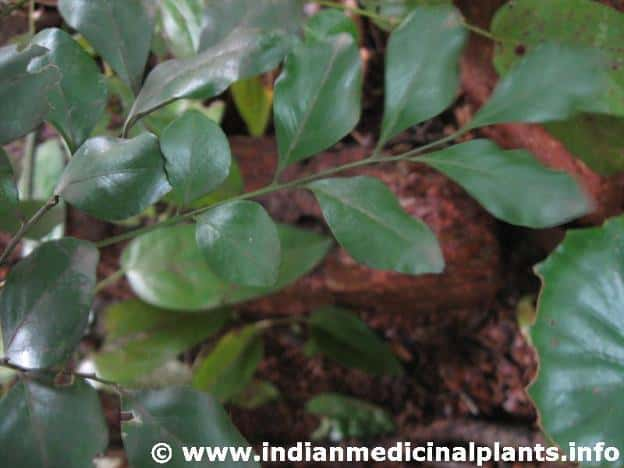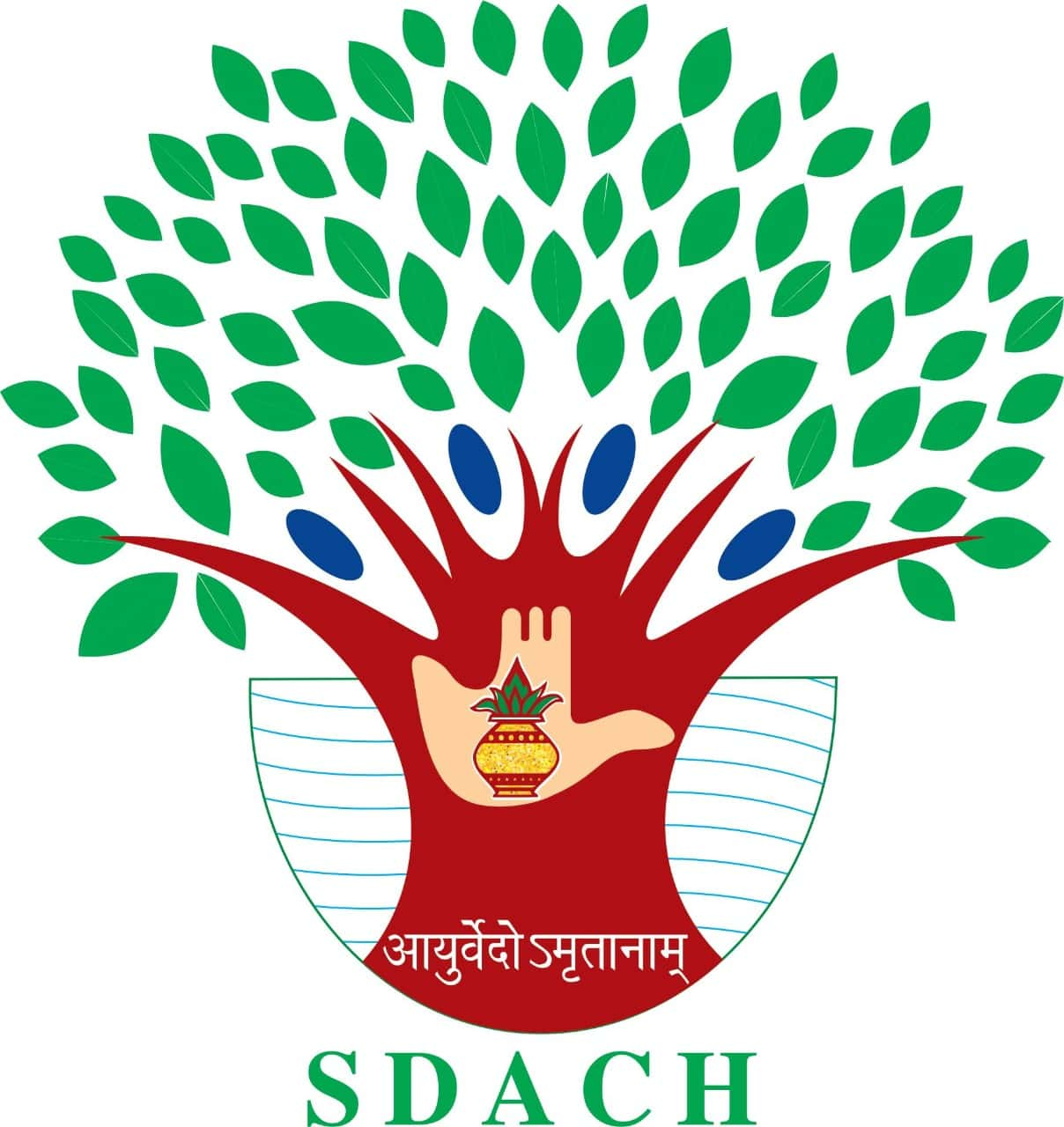
Botanical Name : Murraya exotica
Family : Rutaceae
Introduction : Its properties similar to Murraya koenigii (Linn.) Spreng., but mainly using in folk and siddha.
Names in different Indian languages :
English : China box,honey bush,mock orange,lake view jasmine
Malayalam : Kattu kari veppu, maramulla,paanamar,
Sanskrit : Tamil,Palkanni,vellakkalthirukan
Synonyms :
Murraya paniculata (Linn.)
Morphology :
It is Medium sized evergreen tree,grows 3-4 m height
Leaves – compound, leaflets are ovate –pointed,
Flower – white
Fruit – berry
Distribution & Habitat :
All over India, forests
Chemical constituents :
coumarins, murrangatin, Mexolide , phebalosin , carbazole alkaloids and flavonoids





